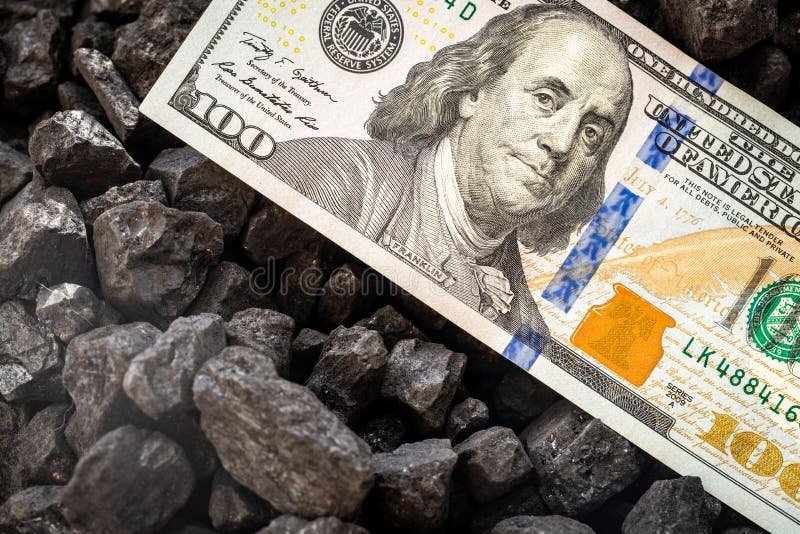Gross Domestic Product (GDP) is a measure of the total value of goods and services produced within a country’s borders during a specific period of time, typically a year. It is considered one of the most important indicators of a country’s economic performance.
The factors that contribute to GDP include private consumption, government spending, investment, and net exports (exports minus imports). Private consumption refers to the amount spent by households on goods and services, while government spending includes spending by all levels of government. Investment refers to spending on capital goods, such as machinery and equipment, while net exports refer to the difference between a country’s exports and imports.
GDP is critical for the economy because it provides a measure of a country’s economic output and growth. A high GDP indicates a strong economy, which can lead to increased investment, job creation, and higher standards of living for citizens.
As of 2023, the GDP of Pakistan is approximately $315 billion USD.
Pakistan can develop its GDP growth through a combination of policies and strategies. Here are some methods and techniques that Pakistan can use to build GDP:
- Encourage Foreign Investment: Pakistan can attract foreign investment by creating a favorable business environment, reducing red tape and bureaucracy, and providing incentives for investors.
- Increase Exports: Pakistan can increase its exports by focusing on sectors with a competitive advantage, such as textiles and agriculture. It can also negotiate better trade deals with other countries to increase market access for its products.
- Improve Infrastructure: Pakistan can improve its infrastructure by investing in transportation, communication, and energy sectors. This can create job opportunities, reduce transportation costs, and increase productivity.
- Promote Education and Innovation: Pakistan can invest in education and innovation to increase productivity and competitiveness. This can be done by increasing access to education and training, facilitating the growth of research and development, and supporting entrepreneurship.
- Reduce Corruption: Corruption can hinder economic growth by discouraging investment, increasing costs, and reducing efficiency. Pakistan can combat corruption by strengthening its legal and regulatory frameworks, increasing transparency, and enforcing anti-corruption laws.
- Increase Tax Revenue: Pakistan can increase tax revenue by broadening the tax base, improving tax administration, and reducing tax evasion. This can provide funds for public investment in infrastructure, education, and healthcare.
- Encourage Small and Medium Enterprises (SMEs): SMEs can play a crucial role in creating jobs and driving economic growth. Pakistan can support SMEs by providing access to finance, improving infrastructure, and reducing regulatory barriers.
In summary, Pakistan can develop its GDP growth by implementing policies and strategies that promote foreign investment, increase exports, improve infrastructure, promote education and innovation, reduce corruption, increase tax revenue, and encourage small and medium enterprises.
















